Community Calling: An Interview with Capt. Dale Drescher of the Virginia Beach Volunteer Rescue Squad
https://chat.whatsapp.com/AmbulanceToday
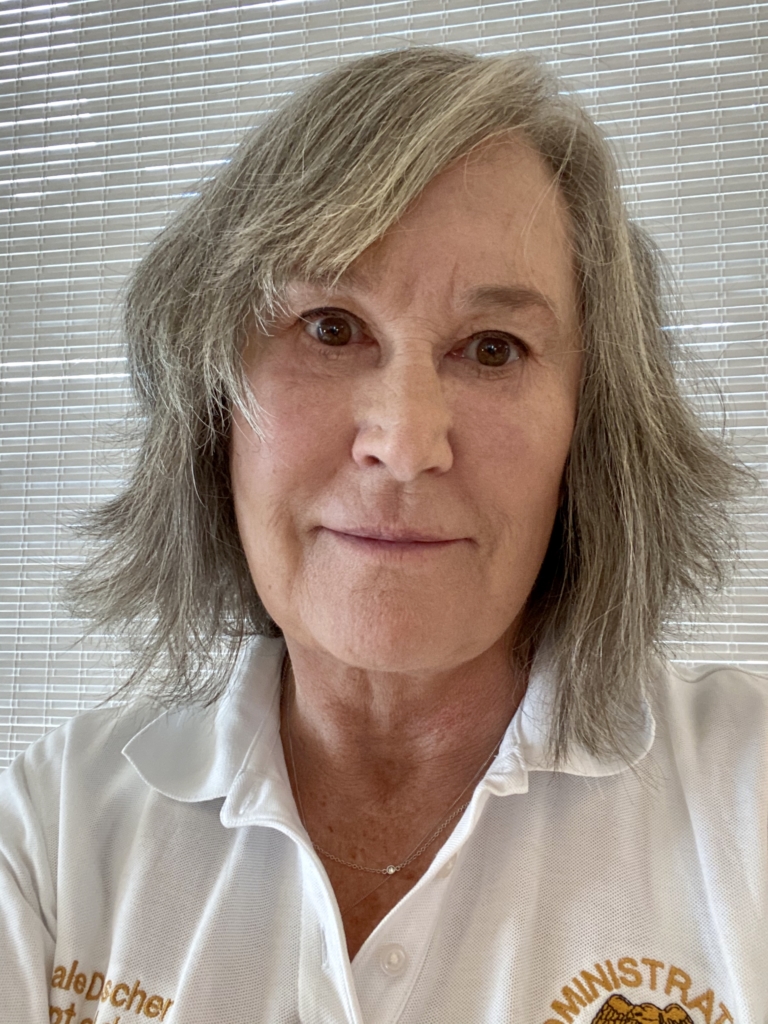
A retired school teacher, Dale Drescher is Captain of Administration and member of the Executive Committee of the Virginia Beach Volunteer Rescue Squad in Virginia Beach, Virginia, USA. She has been a member of the City of Virginia Beach Emergency Medical Services, and VBVRS, since May 2013.
MARK WEINER: Are there reasons for community EMS organizations to be based on volunteers, or to have a significant volunteer component, other than the cost savings they provide?
DALE DRESCHER: It’s a matter of community pride. We have a saying that we actually print on the side of my squad’s ambulances: “neighbors serving neighbors.”
There’s been a general buy-in here to the idea that community health involves being a part of something larger than yourself. We want to show that we are a community willing to give time and energy to something that we feel is important for the health of our city.
Also, Virginia Beach is a very large resort area. We get about 2.8 million visitors a year, particularly in the summertime. They are often surprised and very pleased when we have to treat and transport to find that they’re not going to get a bill.
We have a very large military contingent, because of the naval and joint forces bases located in our area
I’ve had occasions when a person has said to me, “you all helped my family the first time we ever came on vacation three years ago—and we like it here in part because of that feeling.” We hope that the spirit of VBVRS actually draws visitors to our area.
We give people an opportunity to put a foot in the medical eld as they look toward some kind of medical career. The way we structure volunteering, it’s 48 hours a month required duty time. If we were a paid service they likely wouldn’t be able to gain that kind of experience.
M.W: Is it important to you that residents appreciate you’re a volunteer organization? How do you promote that understanding?
D.D: It is very important to us. We want the community to know. But it’s also a bit of an uphill battle for us. In general, people associate first responders with fire and police and those are traditionally paid services.
If we have a patient in our ambulance and they’re in a comfortable situation and want to talk, we always tell them that this is a free treatment transport, that we’re volunteers and we do not charge for service. It’s word of mouth.
We always participate in any PSA opportunity, particularly during EMS week; local radio stations and the TV stations will offer us the ability to come on and talk about what we do.
We have a rescue foundation for all 10 squads whose mandate is promoting volunteerism. The rescue foundation does a lot of recruitment. Its website is vbrescuefoundation.org.
M.W: What kind of people volunteer for the service? Do they tend to have a similar background, or are they from different walks of life?
D.D: It’s very interesting. It’s sort of across the board. There’s a large portion of the demographic that is young, and that makes sense when you think that they are starting out and they are looking to the future and thinking, ‘is a medical career something that I’m interested in’?
We allow people to begin serving with us at age 18, so we have a good portion of people who are in college and we work with those people to allow them to remain active volunteers if they’re at a school outside of our 35-mile range. We really work hard to keep that demographic part of us.
We have a lot of people who volunteer in their 30s, 40s, and 50s. They want to do something outside the home and the family—people who work full time and still manage to volunteer on the weekends.
Everything in your training is taken care of financially—and in return you sign a contract to give the city of Virginia Beach one year of service. The cost for the city is about $3000.
And then we have a very large military contingent, because of the naval and joint forces bases located in our area.
I had someone recently join our squad and she came from a base in San Diego. She said she chose this area as her next duty station because we were a volunteer-based organization. She looked all over the country to find that.
And finally, we have people in the 50-plus range who are looking toward retirement. They want to start thinking of something beyond the working years.
We also have a small portion of people who change careers in midstream. I have someone in my squad right now, who is an orthopedic surgeon; he retired and became an EMT. I have someone else who is an attorney by trade but has decided to go back to medical school.

M.W: Do you have any volunteers who come from a family tradition of EMS volunteerism?
D.D: Many of them. All ten squads have families with multi-generational members. It is common in my squad because the volunteer system in our city started down near the ocean front area and that’s where we’re located. I very frequently have college students come to volunteer and say, “Oh, my mom and dad both worked here.”
We also have couples that met and married there. I can think of at least three who are active now. They became volunteers and they met at the squad.
One couple consists of the husband, who is in the military, while she’s a stay-at-home mom. When they hand off the baby, one comes off duty and the other one goes on—and the baby is in the carrier!
M.W: Do you have any challenges with recruitment and retention, and how do you address them?
D.D: Traditionally I think the city has seen sort of ups and downs in recruitment and they seem to follow the pattern of employment. If there’s a period of really full employment in the country, our recruitment tends to go down a little bit.
If we have a period of time where there are people who can’t find jobs, then they look to volunteer opportunities. But in the last five or six years, we have had really large classes in our EMS Academy.

The city has a wonderful program which makes it easier for us to recruit: they pay for the schooling in our academy. You get all of your training for free. Textbooks, lecture time, operational scenario training, practical exams, all of that comes through the class.
When a student passes the class, the Academy is certified to administer the Virginia practical exam, which the student does not pay for; and EMS pays for the student to take the NREMT exam.
Everything in your training is taken care of financially—and in return you sign a contract to give the city of Virginia Beach one year of service. The cost for the city is about $3000.
The city has a wonderful yearly awards program. Each year we have a call-of- the-year award. And we have many scholarship opportunities.
If you come on board and you’re interested in taking the science classes you need to be able to apply to PA school or become a paramedic, then you can apply for a scholarship.
M.W: What’s the public perception of EMS and EMTs in Virginia?
D.D: When we have people who come and settle here they generally expect that whoever is an EMT is part of the re service. That’s common across the country and they are taken aback at times that we have an absolutely separate, standalone EMS system in the city of Virginia Beach.
If we have an EMS call and we have both a re crew and an EMS crew and we’re all in different uniforms, there’s a little bit of confusion as to why we’re all there and looking a little different from one another.
But once they realize that re does an initial assessment if on scene first, and then EMS takes over, they don’t seem to feel that there’s anything negative attached to that separation.
In general, it’s been my experience that the people that I treat in transport feel that the EMTs are knowledgeable. They seem to trust us. We seldom get any really negative response.
M.W: What about the social status of EMTs? Is it high?
D.D: Probably down a step below fire and police because people are more familiar with them. People know police, they see them as heroic in certain circumstances, and I think they certainly do with fire.
With EMS, I don’t think they have the visual. We don’t carry guns, and we’re not running into burning buildings. In terms of public perception, maybe we’re viewed as maybe a step down in terms of heroism.
To receive more exclusive content from Ambulance Today directly to your smart phone, join us now on: https://chat.whatsapp.com/AmbulanceToday
Founded by attorney Peter J. Holland III in on May 1st 1952 the Virginia Beach Rescue Squad serves roughly 1,000 volunteers serve 440,000 residents (plus tourists) as part of the City of Virginia Beach EMS Department, offering patients a completely free emergency service.
Acknowledging the voluntary aspects of this vital EMS service to the city, the Virginia Beach Rescue Squad Foundation was created in 1982 by Bernard M. Stanton, in order to give financial support to what are now the 10 rescue squads that make up the City of Virginia Beach EMS Department across the city’s 225 square miles, each squad being a non-profit organization in its own right, relying entirely upon fundraising (and also saving the US taxpayer around 22 million USD per year).
To make a donation to the Virginia Beach Resque Squad Foundation and support the fine work these people do visit https://vbrescuefoundation.org/donate/
Quality content
- Casinos Not On Gamstop
- Casinos Not On Gamstop
- Casino Sites Not On Gamstop
- Non Gamstop Casino
- UK Online Casinos Not On Gamstop
- Casino Sites Not On Gamstop UK
- Casino Sites Not On Gamstop
- Games Not On Gamstop
- Sites Not On Gamstop
- UK Online Casinos Not On Gamstop
- Casino Not On Gamstop
- Slots Not On Gamstop
- Casino Not On Gamstop
- Gambling Not On Gamstop
- Casinos Not On Gamstop
- Non Gamstop Casino
- UK Online Casinos Not On Gamstop
- Casino Sites Not On Gamstop
- Best Betting Sites
- Best UK Online Casinos
- New Horse Racing Betting Sites

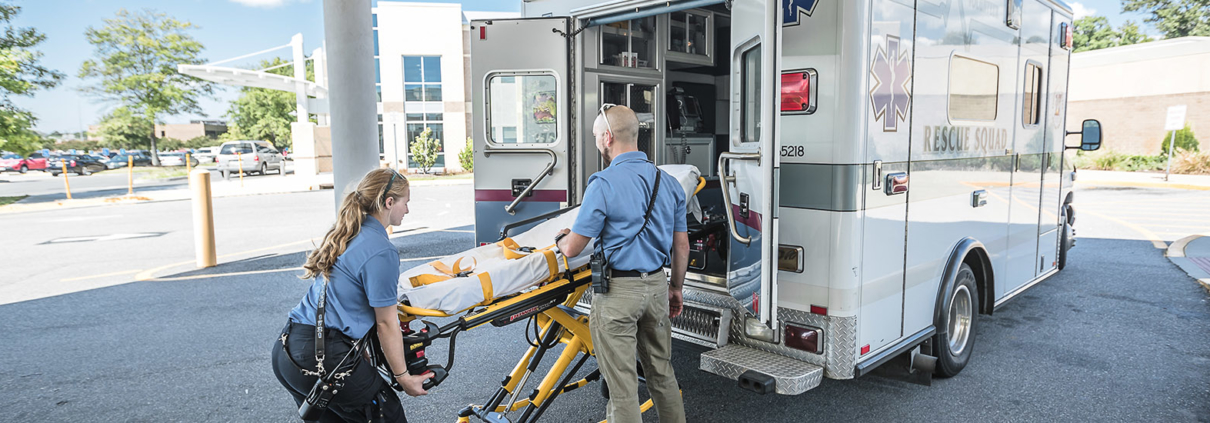
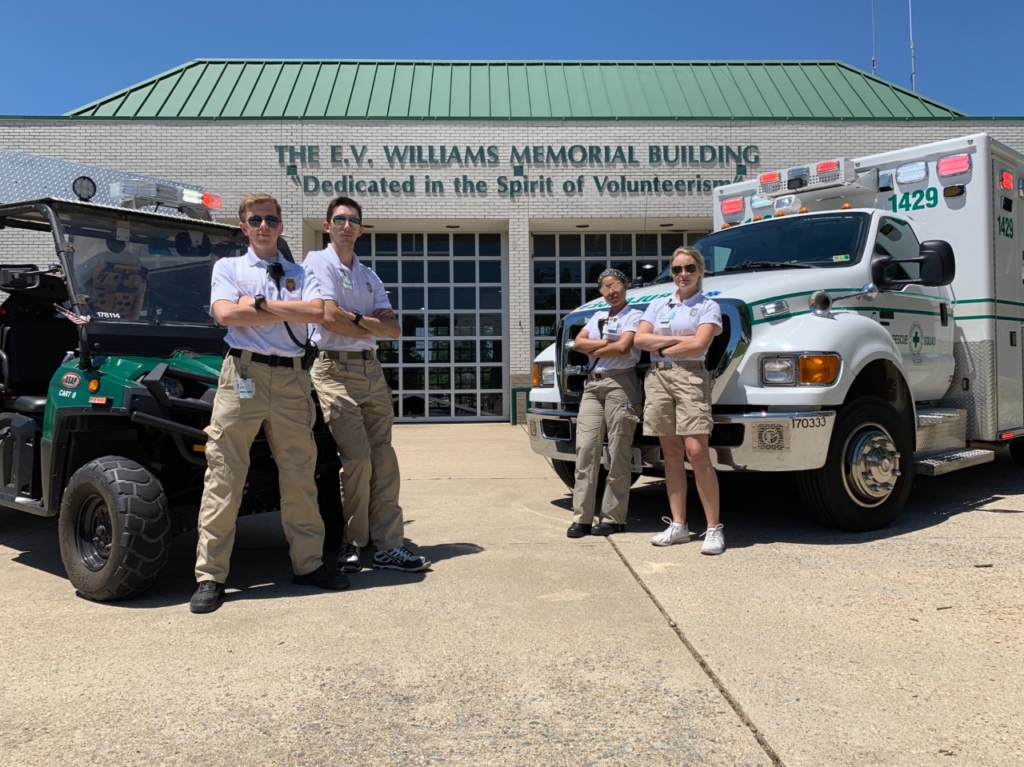
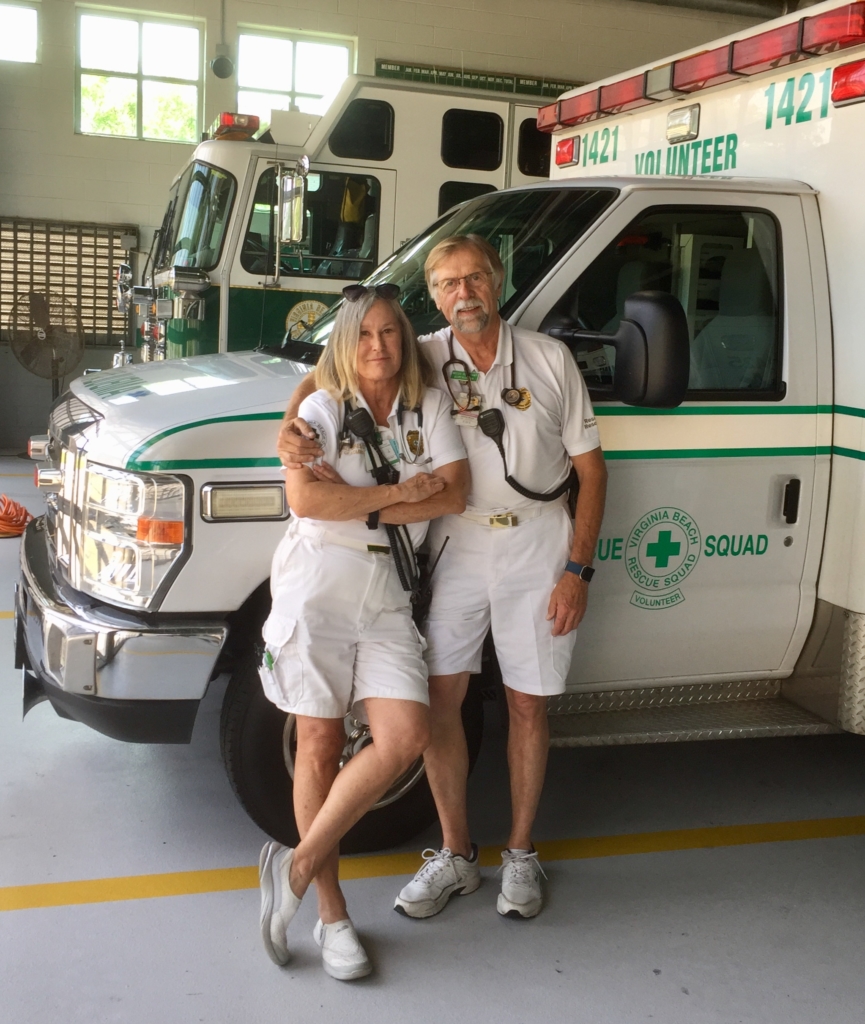

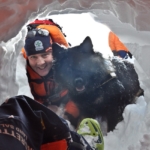
Leave a Reply
Want to join the discussion?Feel free to contribute!